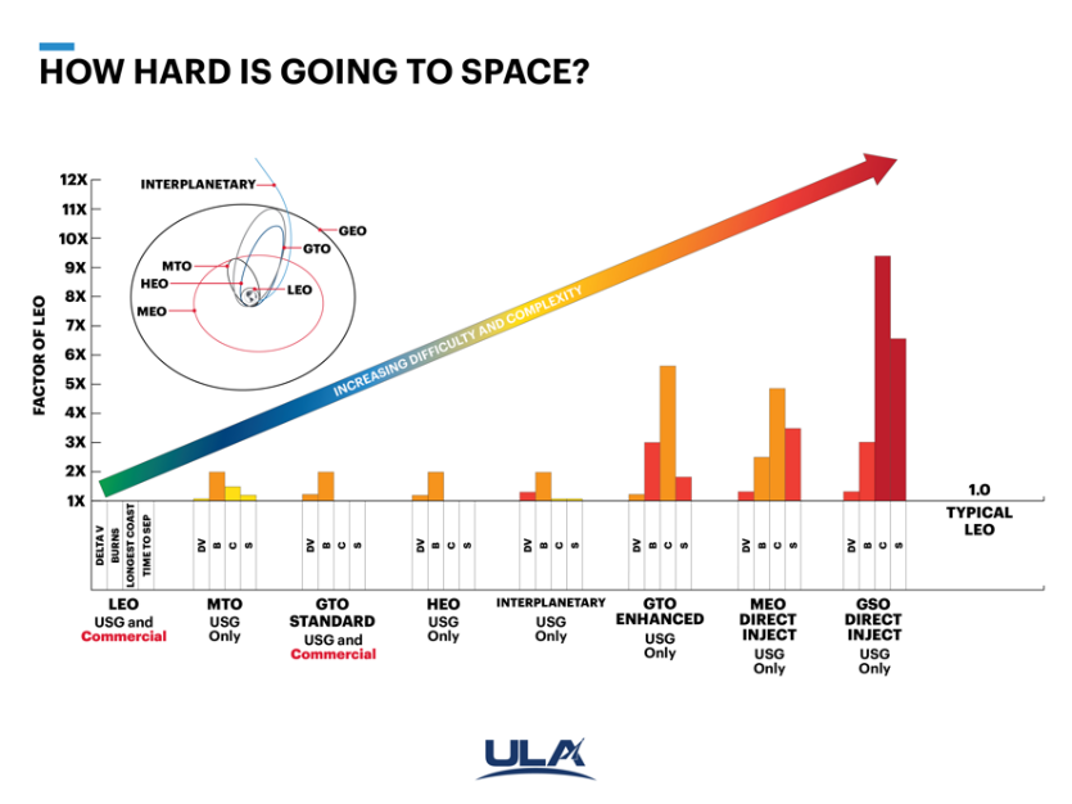My mid-week morning train WFH reads:
• That Dinner Tab Has Soared. Here Are All the Reasons. At restaurants around the country, staff shortages, supply-chain logjams, the Ukraine war and other forces have driven up the price of nearly everything. (New York Times)
• Blame Election Deniers for Faltering Consumer Sentiment Measures that track confidence in the economy are being skewed downward by politically disgruntled Americans. (Bloomberg) see also Is Partisanship Driving Consumer Sentiment? It is astounding that sentiment today is even worse than the levels it sees in the midst of the very worst modern financial crises and epic generational market crashes. (The Big Picture)
• Economic Misconceptions of the Crypto wWorld: It’s helpful to take a hard-nosed look at some of the economic stories that are floating around there in the crypto world. These stories are hard to pin down precisely, because — crypto being the decentralized enterprise that it is — there is no one authority that tells you what to think about Bitcoin or the Metaverse etc. Still, Cash isn’t savings, Scarcity doesn’t create value. (Noahpinion)
• The Tech That Tries to Tackle NIMBYs: City officials are using digital simulations and other online tools to ease contentious public debates over new development and street changes (Bloomberg)
• Why does the IRS need $80 billion? Just look at its cafeteria. As of July 29, the IRS had a backlog of 10.2 million unprocessed individual returns. Blame the pandemic, sure, but also the agency’s embarrassingly outdated, paper-based system, which leaves stacks and stacks of returns cluttering shelves, hallways and even the cafeteria. (Washington Post)
• More Energy on Less Land: The Drive to Shrink Solar’s Footprint: With the push for renewables leading to land-use conflicts, building highly efficient utility-scale solar farms on ever-smaller tracts of land has become a top priority. New approaches range from installing PV arrays that take up less space to growing crops between rows of panels (Yale Environment 360)
• When Cities Treated Cars as Dangerous Intruders: To many urban Americans in the 1920s, the car and its driver were tyrants that deprived others of their freedom. (MIT Press)
• Geometric Analysis Reveals How Birds Mastered Flight Partnerships between engineers and biologists have begun to reveal how birds evolved their superb maneuverability. (Quanta Magazine)
• How the Claremont Institute Became a Nerve Center of the American Right They made the intellectual case for Trump. Now they believe the country is in a cultural civil war. (New York Times)
• The End of Manual Transmission: Stick shifts are dying. When they go, something bigger than driving will be lost. (The Atlantic)
Be sure to check out our Masters in Business interview this weekend with Anat Admati, Professor of Finance and Economics at Stanford University Graduate School of Business. She is also the director of the Corporations and Society Initiative, and a senior fellow at Stanford Institute for Economic Policy Research, She was named by Time Magazine as one of the 100 most influential people in the world, and is the co-author of The Bankers’ New Clothes: What’s Wrong with Banking and What to Do about It.
How Hard Is Going To Space?

Source: Medium
Sign up for our reads-only mailing list here.

